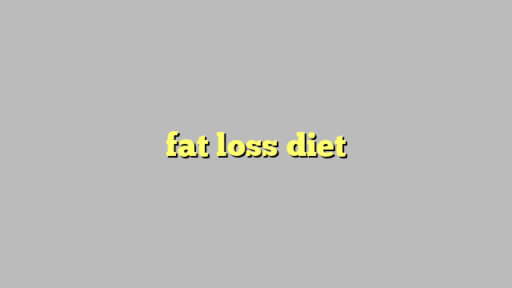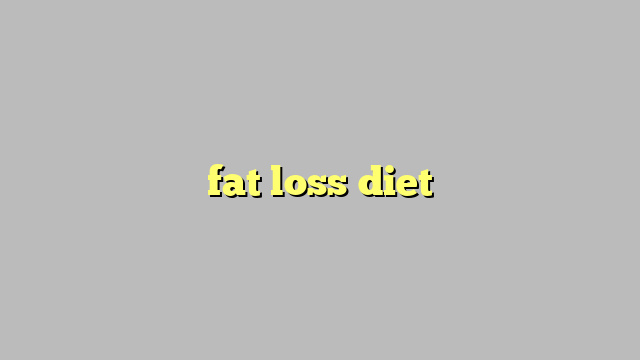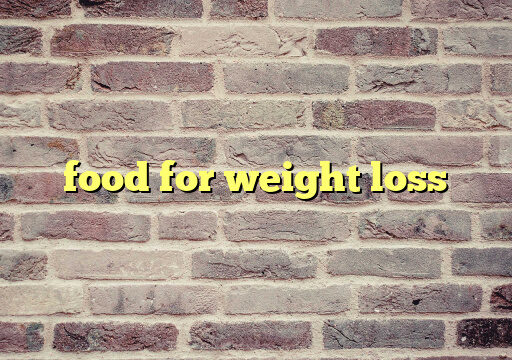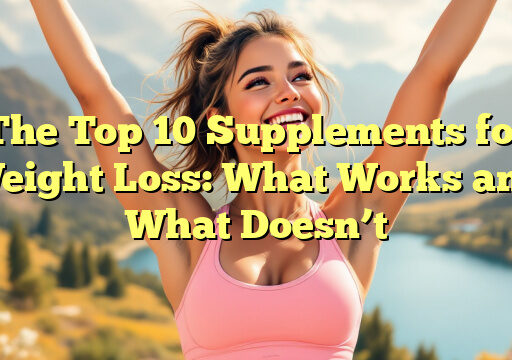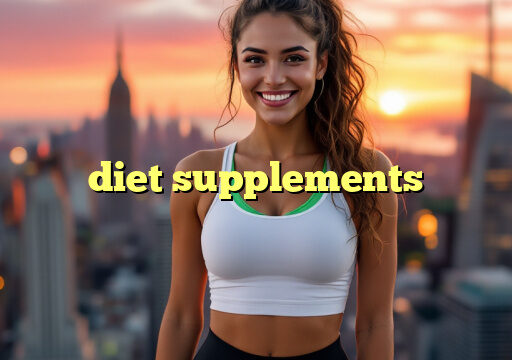Trying to lose weight can be challenging, especially when it comes to figuring out what to eat. A fat loss diet is designed to help you shed excess body fat while maintaining muscle mass and overall health. By focusing on nutritious, whole foods and controlling portion sizes, you can achieve your weight loss goals.
Key Components of a Fat Loss Diet
1. Caloric Deficit: In order to lose fat, you must consume fewer calories than your body burns. This creates a caloric deficit, which forces your body to tap into its fat stores for energy.
2. Protein: Protein is essential for building and maintaining lean muscle mass, which is important for a healthy metabolism. Aim to include lean sources of protein in every meal.
3. Whole Foods: Focus on eating whole, minimally processed foods such as fruits, vegetables, lean proteins, whole grains, and healthy fats. These foods are typically lower in calories and higher in nutrients than processed foods.
4. Portion Control: Paying attention to portion sizes can help you avoid overeating and stay within your caloric goals. Use measuring cups, food scales, or visual cues to help you control portions.
Sample Fat Loss Diet Meal Plan
Here is a sample meal plan for a day on a fat loss diet:
- Breakfast: Scrambled eggs with spinach and tomatoes
- Snack: Greek yogurt with berries
- Lunch: Grilled chicken salad with mixed greens, cucumber, and vinaigrette dressing
- Snack: Almonds and an apple
- Dinner: Baked salmon with quinoa and steamed vegetables
Conclusion
A fat loss diet can be an effective way to achieve your weight loss goals. By focusing on nutritious whole foods, controlling portion sizes, and creating a caloric deficit, you can shed excess body fat while maintaining muscle mass and overall health. Remember to consult with a healthcare professional before making any significant changes to your diet.
FAQs
1. How quickly can I expect to see results on a fat loss diet?
Results can vary depending on individual factors such as starting weight, activity level, and adherence to the diet plan. Generally, most people can expect to see noticeable changes within a few weeks of following a fat loss diet.
2. Can I still enjoy treats and snacks on a fat loss diet?
It's important to focus on eating mostly nutrient-dense, whole foods on a fat loss diet. However, occasional treats and snacks can be enjoyed in moderation as part of a balanced diet. Just be mindful of portion sizes and frequency.
3. Do I need to exercise in addition to following a fat loss diet?
While diet plays a significant role in weight loss, incorporating regular exercise can enhance your results and overall health. Aim for a combination of cardiovascular exercise, strength training, and flexibility exercises for optimal benefits.
4. Is it okay to follow a fat loss diet long-term?
A fat loss diet is typically designed for short-term weight loss goals. It's important to transition to a more sustainable, balanced eating plan once you've reached your desired weight. Consult with a healthcare professional or registered dietitian for guidance on a long-term nutrition plan.
Unlock Your Wellness Journey Today!